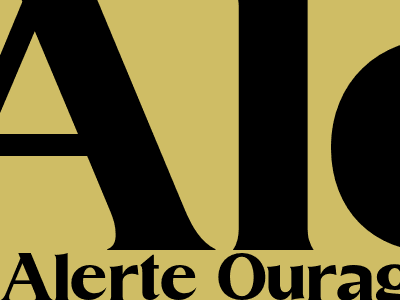Alerte Ouragan France: A Comprehensive Guide
Introduction
France is exposed to tropical cyclones, primarily hurricanes, which can bring destructive winds, torrential rainfall, and storm surges.
Hurricanes are classified into five categories based on their maximum sustained wind speed, with Category 5 being the most severe.
Understanding hurricane risks and implementing appropriate preparedness measures is crucial for safeguarding lives and property in France.
Historical Hurricane Impacts on France
France has experienced several notable hurricanes in its history, including:
- Hurricane Hortense (1984): A Category 5 hurricane that caused significant damage in Brittany and Normandy.
- Hurricane Lothar (1999): A Category 1 hurricane that brought widespread wind damage to northern France.
- Hurricane Martin (1999): A Category 5 hurricane that crossed the Atlantic Ocean and impacted southwestern France.
These hurricanes have highlighted the vulnerability of France to tropical cyclones and the need for effective preparedness measures.
Hurricane Season in France
The Atlantic hurricane season officially runs from June 1st to November 30th, with peak activity typically occurring between August and October.
France is most susceptible to hurricanes during this period, and it is important to be aware of potential risks and take necessary precautions.
Hurricane Preparedness for Individuals
Individuals can prepare for hurricanes by:
- Creating an emergency plan that includes evacuation routes, shelter locations, and communication strategies.
- Assembling an emergency kit with essential supplies such as food, water, first aid, and medications.
- Securing loose outdoor items and elevating valuables in case of flooding.
Government Preparedness for Hurricanes
The French government plays a crucial role in hurricane preparedness through various measures, including:
- Establishing a national hurricane warning system to provide early alerts and forecasts.
- Coordinating disaster response efforts, including search and rescue operations, damage assessment, and recovery assistance.
- Implementing building codes and other regulations to enhance the resilience of infrastructure and homes to hurricane impacts.
Responding to Hurricane Warnings
When a hurricane warning is issued for France, it is essential to take immediate action and follow official instructions:
- Evacuate to designated shelters or safe areas if directed by authorities.
- Stay indoors and away from windows if evacuation is not possible.
- Monitor weather updates and official announcements for further instructions.
Hurricane Recovery and Reconstruction
After a hurricane, recovery and reconstruction efforts may include:
- Clearing debris and repairing damaged infrastructure.
- Providing financial assistance and support to affected individuals and communities.
- Implementing long-term measures to enhance resilience and mitigate future hurricane impacts.
Conclusion
Hurricanes pose a significant threat to France, and it is crucial for individuals, communities, and the government to be prepared for potential impacts.
By understanding hurricane risks, implementing preparedness measures, and responding appropriately to warnings, we can minimize the damage and loss associated with these powerful storms.

Comments